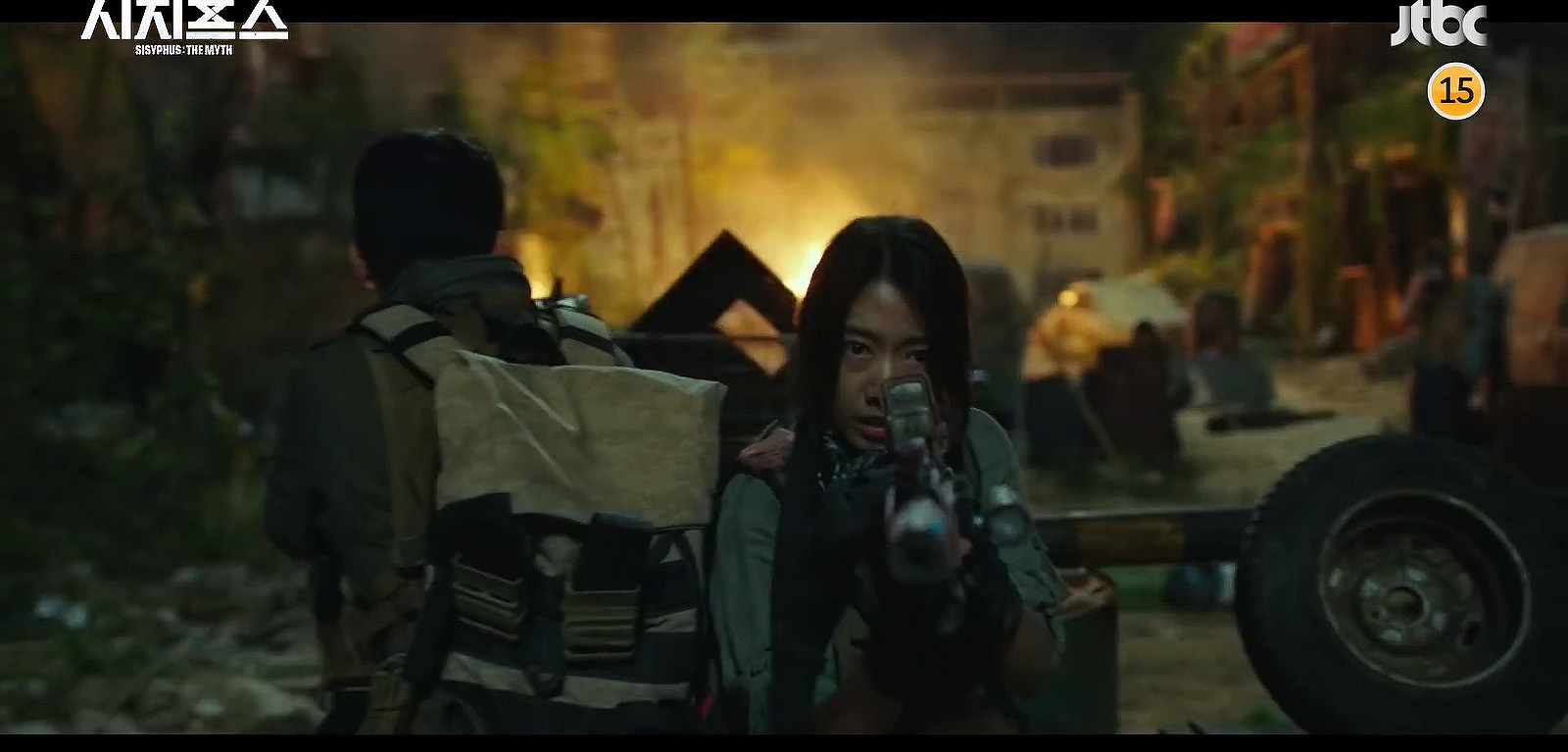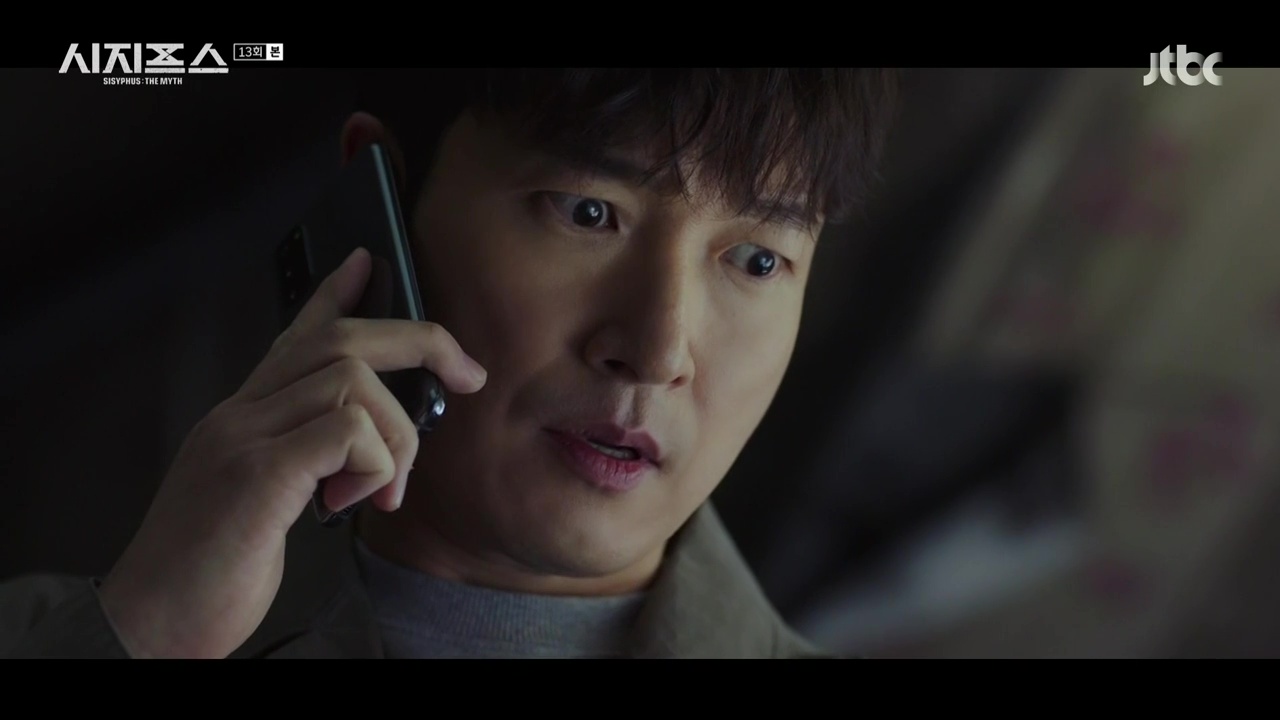

The manifold goons of the nefarious control centre featured prominently, but after a while these sequences became repetitive. There were other solid set pieces early on, and seeing Park in action mode was a delight. It was also the peak for a show that steadily went downhill from there. The plane crash sequence in the first episode was a brash, outrageous and tongue-in-cheek highlight. Leaving aside time travel and romance, what else did the show have to offer? The big draw early on was its action set pieces. Tae-sool, the aloof, unflappable genius, and Seo-hae, the cute but fierce time-travelling warrior, were always destined to be an item, but the lack of chemistry between Cho and Park and the abysmal writing underpinning their relationship made theirs one of the least convincing romantic pairings of recent memory. Sisyphus tries to have it both ways, by bending time-travel concepts to suit its dramatic aims and ultimately a romantic pairing that quickly floundered when it shifted from the cute antagonistic phase to the ‘oh, we like each other’ realisation. Those stories benefit from the novelty of a quasi-time-travel device, but they largely exist in the forgiving realms of fantasy, while full-blown time travel operates in the much stricter realm of sci-fi.Ĭho Seung-woo in a still from Sisyphus: The Myth. Last year’s Netflix thriller The Call, also starring Park Shin-hye, is one another is the ace K-drama murder procedural Signal. There have not been many time-travel tales in Korean film and TV, but wrinkle-in-time stories, in which characters from two different timelines coexist, come up time and again. The writers of Sisyphus have added different rules throughout, only to consistently break them, as well as new technologies or magical drugs as they chased a high that kept getting further out of their reach.

Time-travel stories get knotty very quickly, so the rules need to be simple and adhered to rigidly. The show’s weaknesses quickly became very apparent as well. Yet as the show entered its back half and introduced the main villain, Sigma (Kim Byung-chul), it became more serious about its time-hopping. The time-travel element is there but, at first, it’s mostly an excuse for some fun set pieces. One of those immigrants is Kang Seo-hae (Park Shin-hye). Han Tae-sool (Cho Seung-woo), a brilliant engineer, will invent a time-travel machine, and the present – before the machine’s invention – becomes a promised land for immigrants from a post-apocalyptic future. Though it burst out of the gate with some ballsy set pieces and lots of technobabble-fuelled derring-do, the show’s initial premise was fairly simple. Sci-fi-action-romance K-drama Sisyphus: The Myth bets the house on time travel and it’s a gamble that doesn’t even remotely pay off. But because anything can happen and then be changed, keeping the stakes raised for the audience becomes a challenge.īrainy sci-fi, such as the American indie film Primer, explores the dizzying theories of time paradoxes, while something less demanding, like Avengers: Endgame, will use it for a narrative do-over. They offer limitless juicy narrative possibilities that can be retroactively rejigged. Time-travel stories are a double-edged sword.


 0 kommentar(er)
0 kommentar(er)
